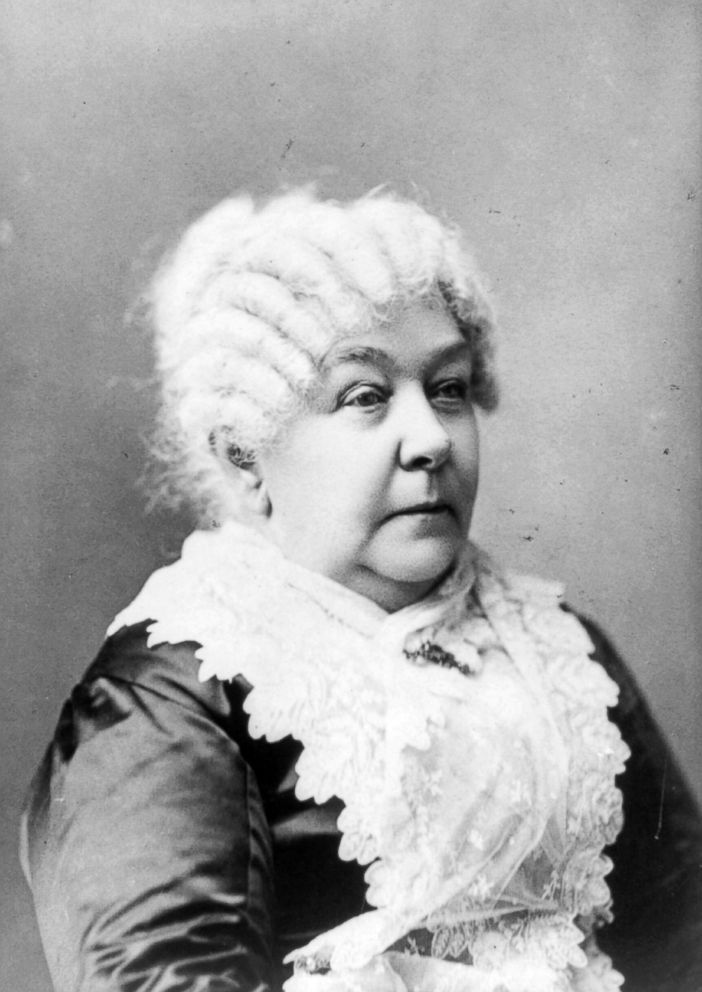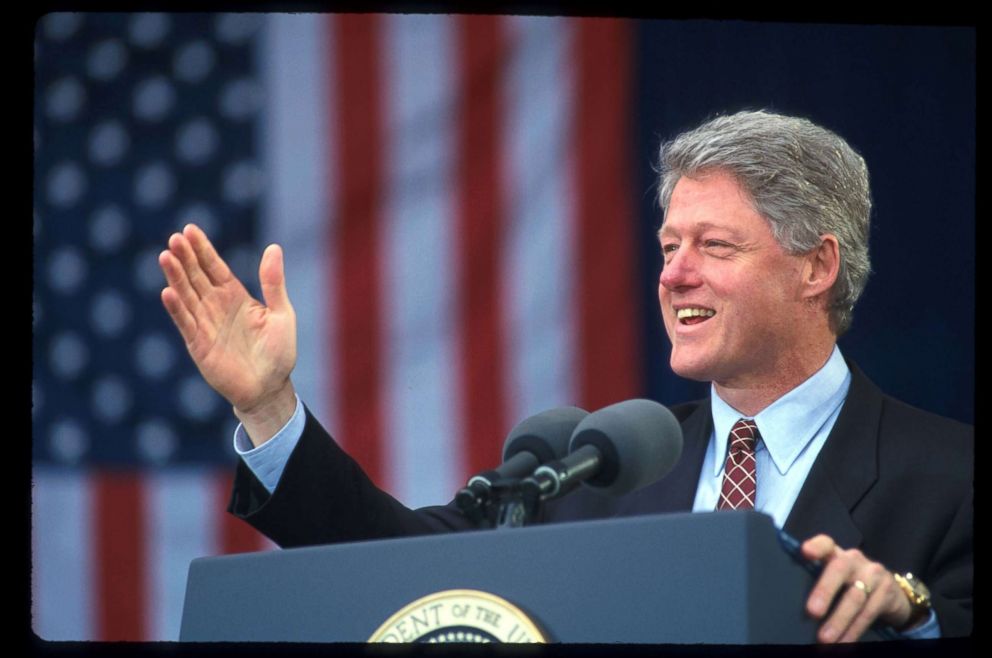Throwback Thursday: Airplane crash kills 112, first women’s rights convention called to order
TBT: Airplane crash kills 112, first women’s rights convention called to order.
Today’s Throwback Thursday takes us from a tragedy in Iowa to a first step for the women’s rights movement.
On This Day in History:

1989- United Airlines Flight 232 crashes near Sioux City, Iowa, kills 112United Airlines Flight 232 was en route to Chicago from Denver when a cracked fan blade in the back engine disintegrated, causing the entire engine to fail. Pilots had difficulty controlling the plane, which crash-landed in Sioux City, Iowa. Out of the 296 people on board the airplane, 111 passengers and 1 flight attendant died in the crash.

1848- America’s first women’s rights convention called to orderThe quiet upstate New York village of Seneca Falls was the site of the first ever convention on women’s rights held on American soil. Led by abolitionist and 19th century women’s rights advocate Elizabeth Cady Stanton, over 200 women attended the first day of the convention. Those present adopted the "Declaration of Sentiments and Grievances," modeled after the Declaration of Independence and announce that “We hold these truths to be self-evident: that all men and women are created equal.”

1980- Moscow Summer Olympics begin despite multi-nation boycottStill in the midst of Cold War tensions, around 60 nations, led by the United States, boycotted the 1980 Summer Olympics in Moscow. The impetus for the international snub was the Soviet Union’s 1979 invasion of Afghanistan. Other countries changed their level of participation in the games instead of simply not participating, with some nations refusing to take part in the opening ceremony.

1993- President Bill Clinton announces new “Don’t Ask, Don’t Tell” policyIn what was seen at the time as a compromise measure, President Bill Clinton announced that homosexual members of the military could not be discriminated against or discharged, so long as they didn’t disclose any homosexual relationships or their sexual orientation to others. The policy, dubbed "Don’t Ask, Don’t Tell," was passed into federal law by Congress later that year. Prior to that, it was the official policy of the military to reject or discharge all gay soldiers. "Don’t Ask, Don’t Tell" was officially repealed in 2011.

2017- Sen. John McCain diagnosed with brain cancer
It’s been exactly one year since Sen. John McCain’s (R-AZ) office announced that the former GOP presidential nominee and American war hero was suffering from brain cancer. The tumor was discovered after McCain had a blood clot removed from above his left eye. His specific tumor is called a glioblastoma, a particularly aggressive and incurable form of brain cancer. Since his diagnosis, McCain has returned to the Senate for a few votes and speeches, including his famous "no" vote on the July 2017 Senate Obamacare repeal bill, but has not been back recently due to his illness.



